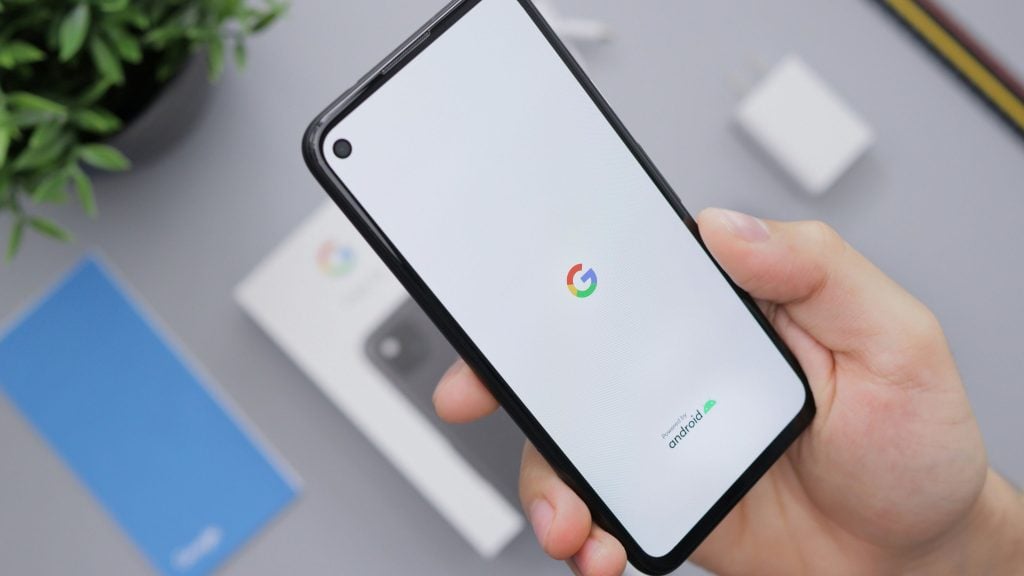
Google Dismisses Privacy Fears Over App ID Policy
Google shrugs off anonymity concerns with a smirk and a shrug, offering little more than vague reassurances.

Google shrugs off anonymity concerns with a smirk and a shrug, offering little more than vague reassurances.

A decade-long dragnet of household energy use meets its match in a courtroom siding with privacy over profiling.
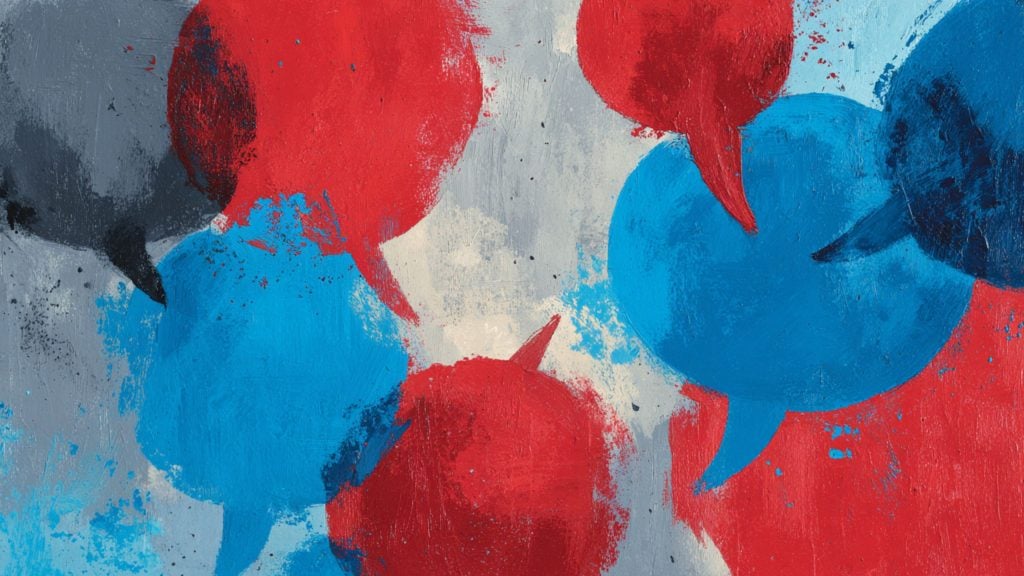
Critics warn the EU’s Digital Services Act could transform online regulation into a continent-wide system of state-sanctioned speech control.

YouTube’s forgiveness comes with fine print.

Turning platforms into ID checkpoints makes data breaches a feature, not a bug.
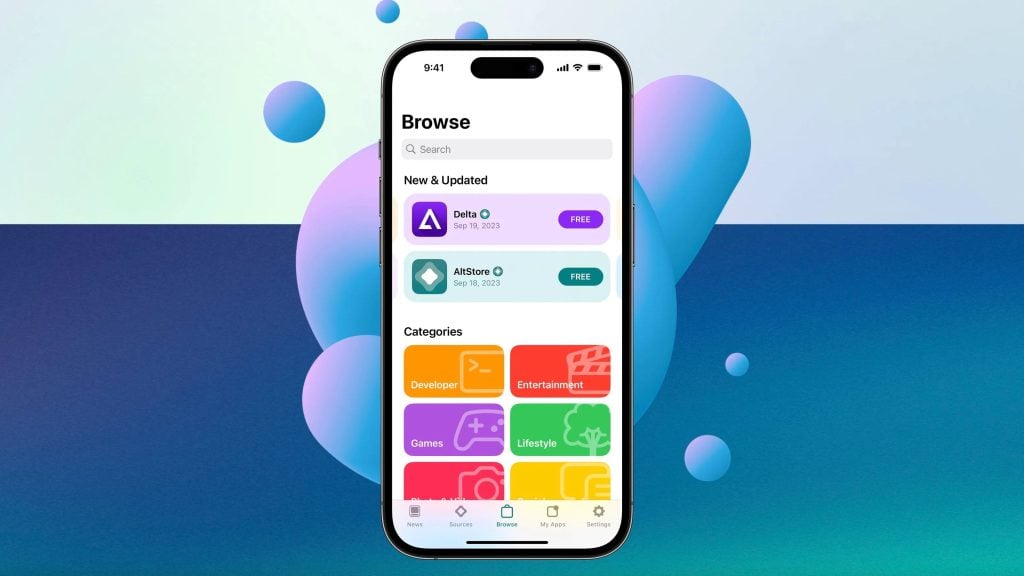
AltStore’s next act is less about beating Apple and more about building its own internet.
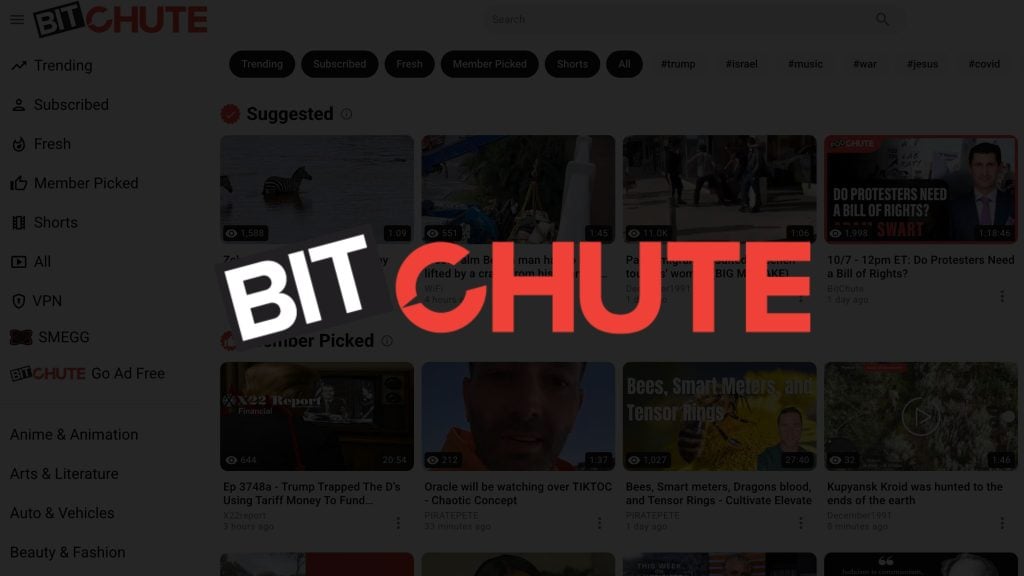
A bid for independence in an online economy increasingly shaped by platform gatekeepers.
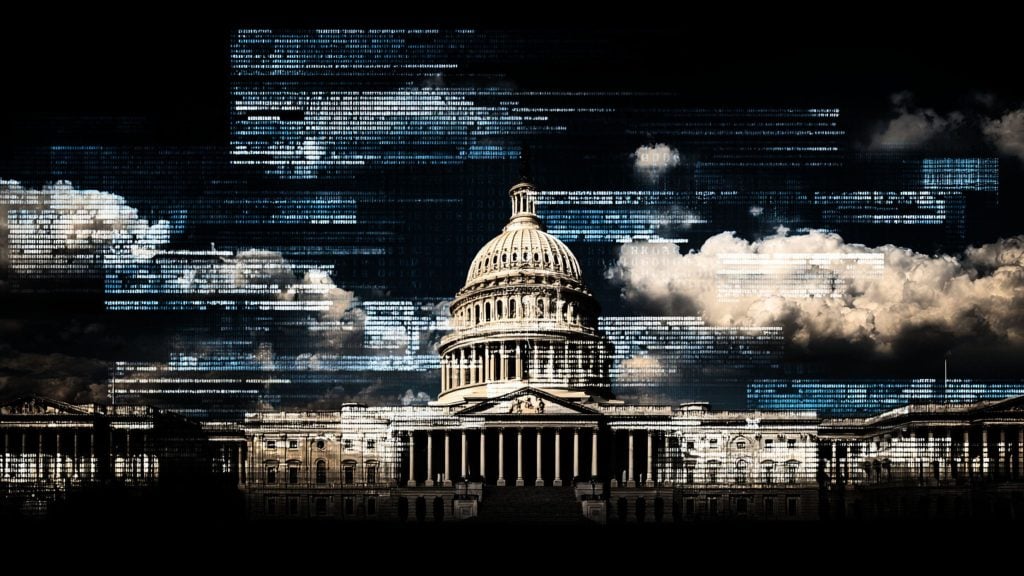
Government pressure takes center stage as lawmakers clash over censorship, comedy, and the Constitution.
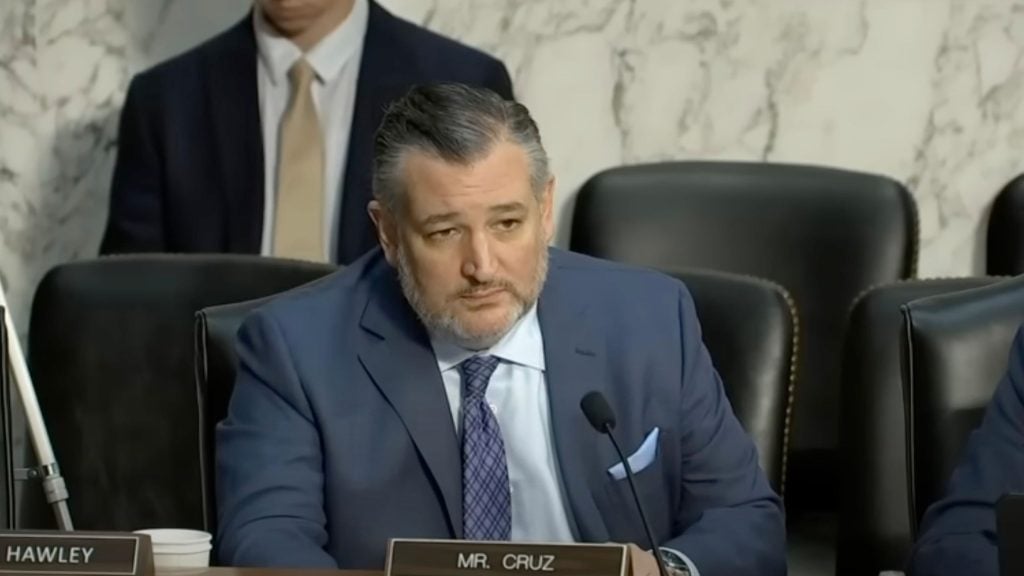
The senator’s sights are set against a digital speech crackdown he says is cloaked in national security.

This app’s latest update turns DIY photo hosting into something that feels built for people, not just power users.
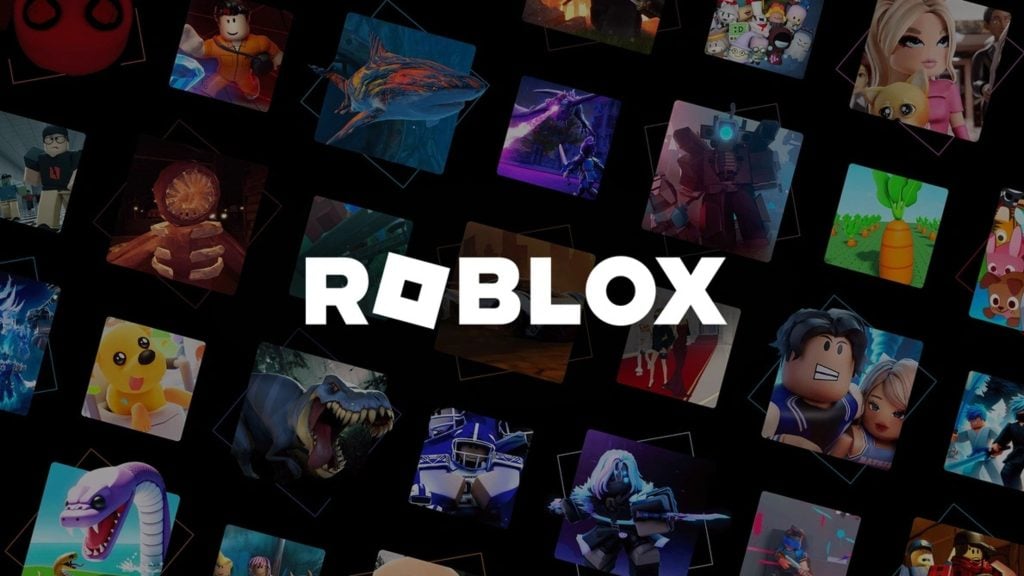
A courtroom fight over Roblox could reshape how Americans prove who they are every time they log on.

The walls are closing in for anyone still trying to set up Windows without a leash.

His reprieve offers relief, but the shadow it casts over Tunisia’s shrinking space for free expression only deepens.
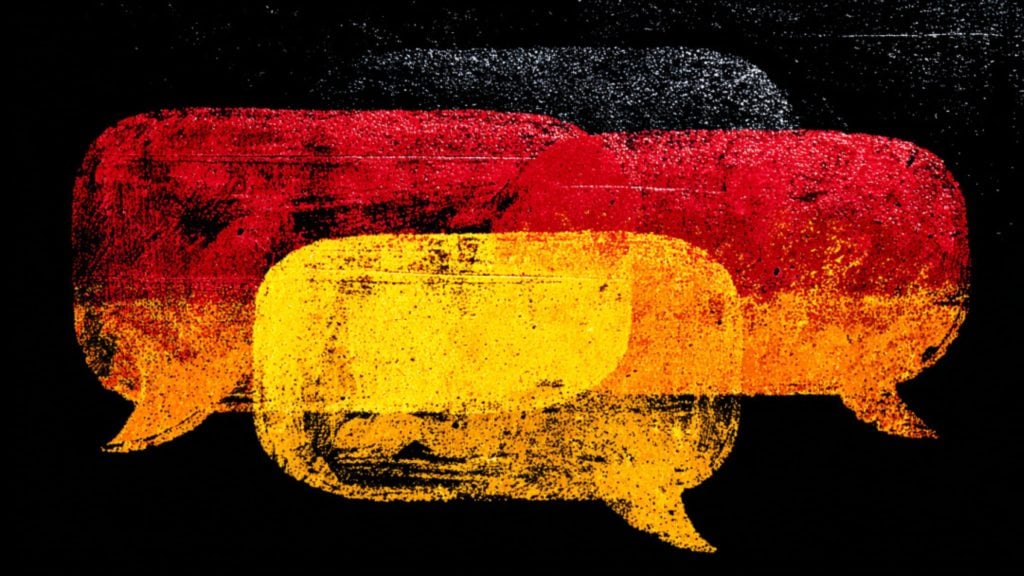
Germany blocks EU Chat Control plan as Friedrich Merz, Stefanie Hubig, and Irene Mihalic defend encryption and digital privacy rights.
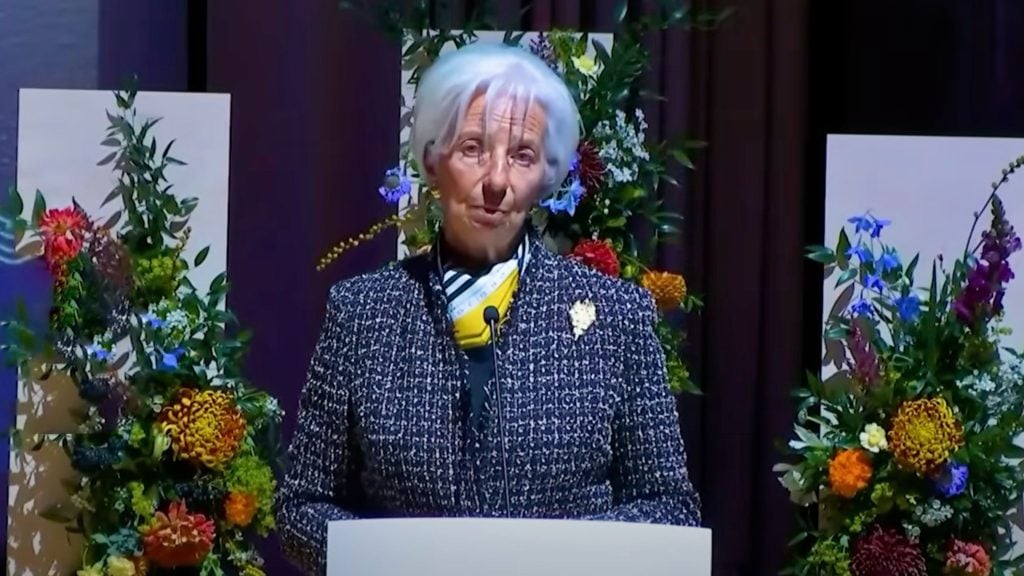
Lagarde frames democracy as a speed bump on the road to a cashless future.

A government program meant to rebuild lives after disaster has instead exposed how fragile Australia’s digital safeguards really are.
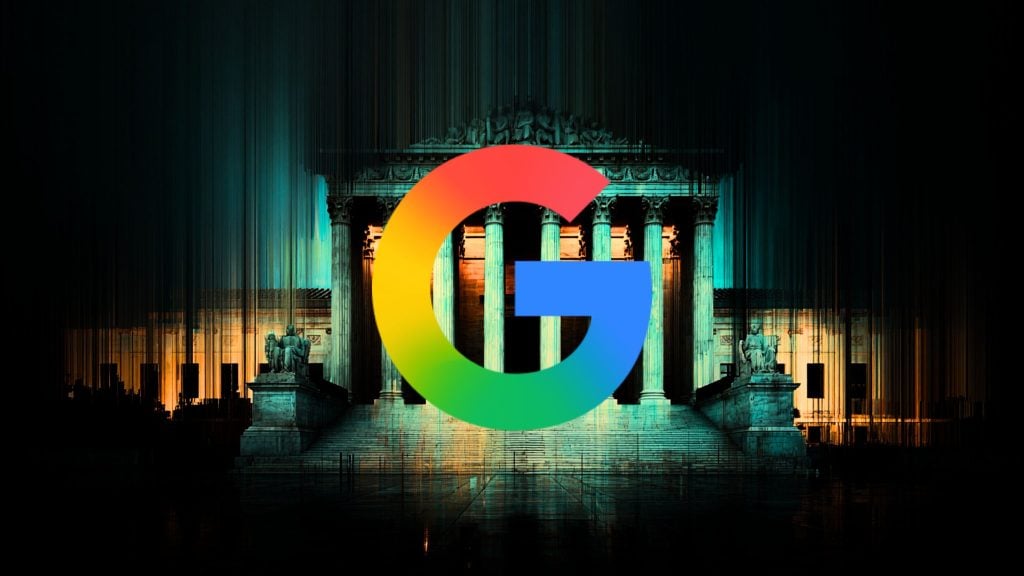
Google braces for a forced reckoning as its Play Store monopoly faces a court-mandated teardown.

End-to-end encryption faces extinction under a law that treats every message like contraband.

Constant watching. Public microphones. This is what happens when budget shortfalls meet venture capital solutions.
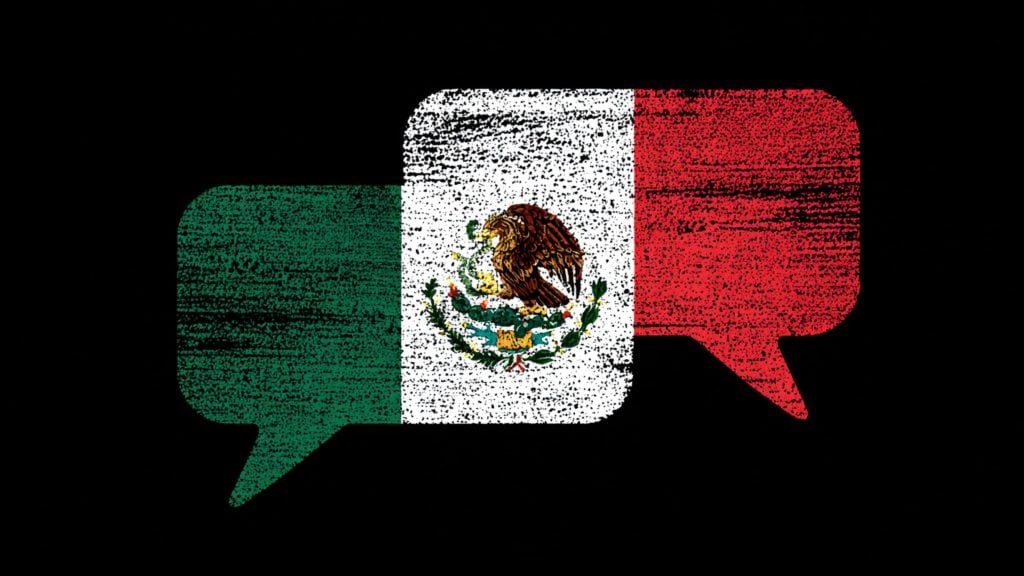
A law meant to curb digital abuse instead risks criminalizing Mexico’s sharpest political tradition; laughing at power.

In a country where social media often outpaces law, TikTok’s quiet concession speaks volumes.
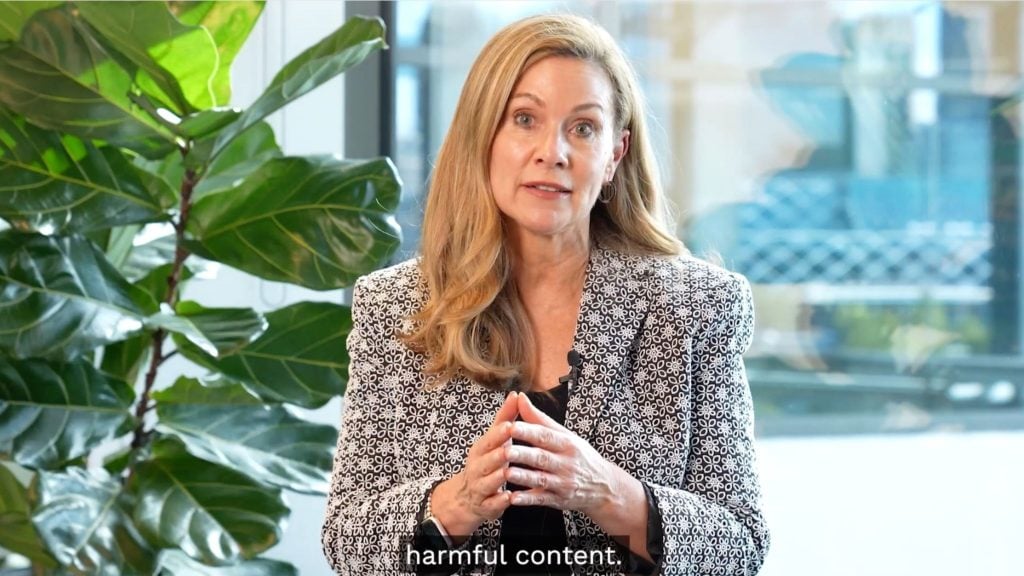
The challenge turns on whether public access to graphic truth can be lawfully severed by a bureaucrat’s notice.
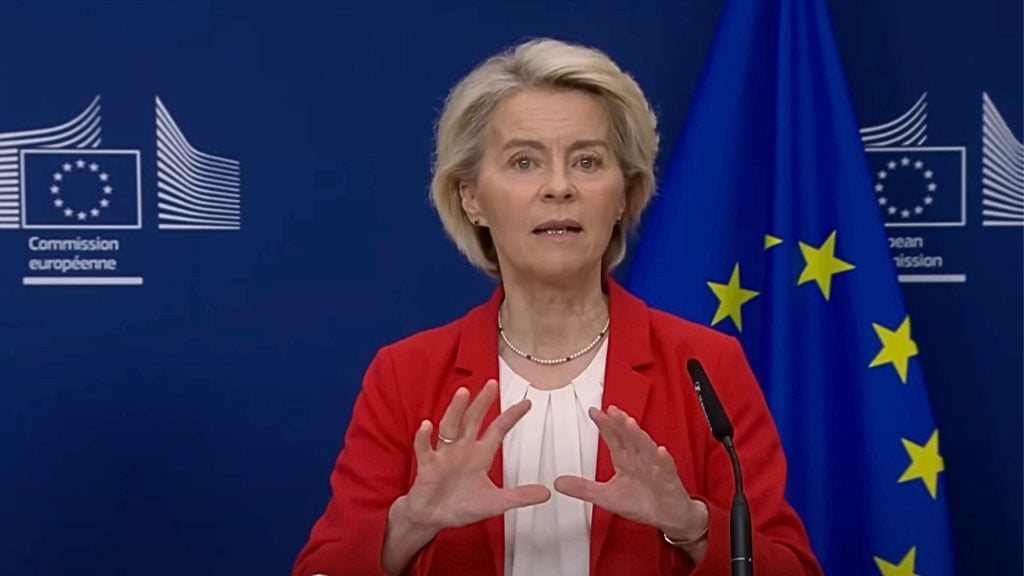
As Brussels moves to read every citizen’s message, its own leadership keeps erasing the ones that matter most.
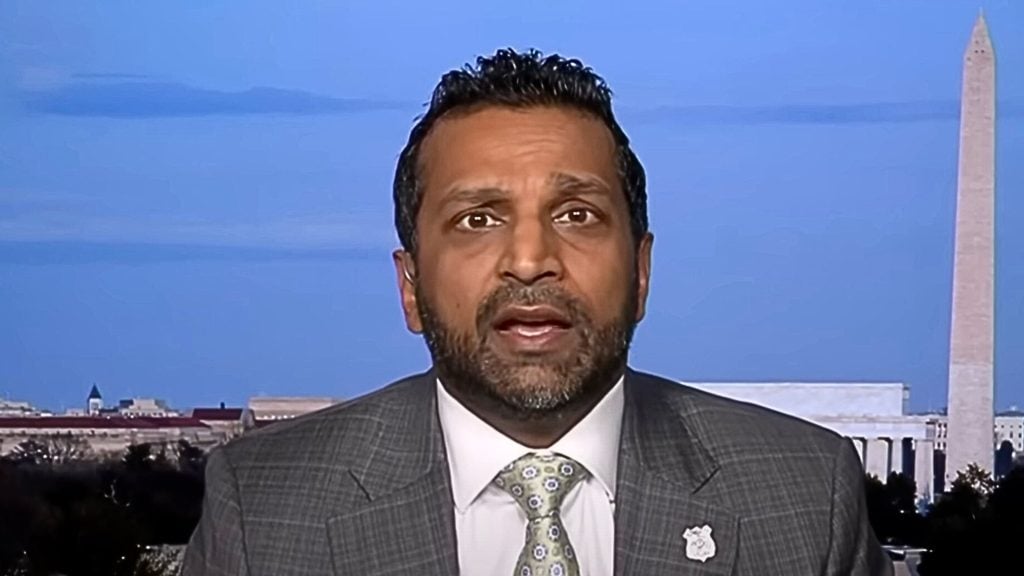
The FBI’s split from the SPLC and ADL ends a years-long entanglement between federal law enforcement and ideologically-driven watchdogs.

Google shrugs off anonymity concerns with a smirk and a shrug, offering little more than vague reassurances.

A decade-long dragnet of household energy use meets its match in a courtroom siding with privacy over profiling.

Critics warn the EU’s Digital Services Act could transform online regulation into a continent-wide system of state-sanctioned speech control.

YouTube’s forgiveness comes with fine print.

Turning platforms into ID checkpoints makes data breaches a feature, not a bug.

AltStore’s next act is less about beating Apple and more about building its own internet.

A bid for independence in an online economy increasingly shaped by platform gatekeepers.

Government pressure takes center stage as lawmakers clash over censorship, comedy, and the Constitution.

The senator’s sights are set against a digital speech crackdown he says is cloaked in national security.

This app’s latest update turns DIY photo hosting into something that feels built for people, not just power users.

A courtroom fight over Roblox could reshape how Americans prove who they are every time they log on.

The walls are closing in for anyone still trying to set up Windows without a leash.

His reprieve offers relief, but the shadow it casts over Tunisia’s shrinking space for free expression only deepens.

Germany blocks EU Chat Control plan as Friedrich Merz, Stefanie Hubig, and Irene Mihalic defend encryption and digital privacy rights.

Lagarde frames democracy as a speed bump on the road to a cashless future.

A government program meant to rebuild lives after disaster has instead exposed how fragile Australia’s digital safeguards really are.

Google braces for a forced reckoning as its Play Store monopoly faces a court-mandated teardown.

End-to-end encryption faces extinction under a law that treats every message like contraband.

Constant watching. Public microphones. This is what happens when budget shortfalls meet venture capital solutions.

A law meant to curb digital abuse instead risks criminalizing Mexico’s sharpest political tradition; laughing at power.

In a country where social media often outpaces law, TikTok’s quiet concession speaks volumes.

The challenge turns on whether public access to graphic truth can be lawfully severed by a bureaucrat’s notice.

As Brussels moves to read every citizen’s message, its own leadership keeps erasing the ones that matter most.

The FBI’s split from the SPLC and ADL ends a years-long entanglement between federal law enforcement and ideologically-driven watchdogs.















































